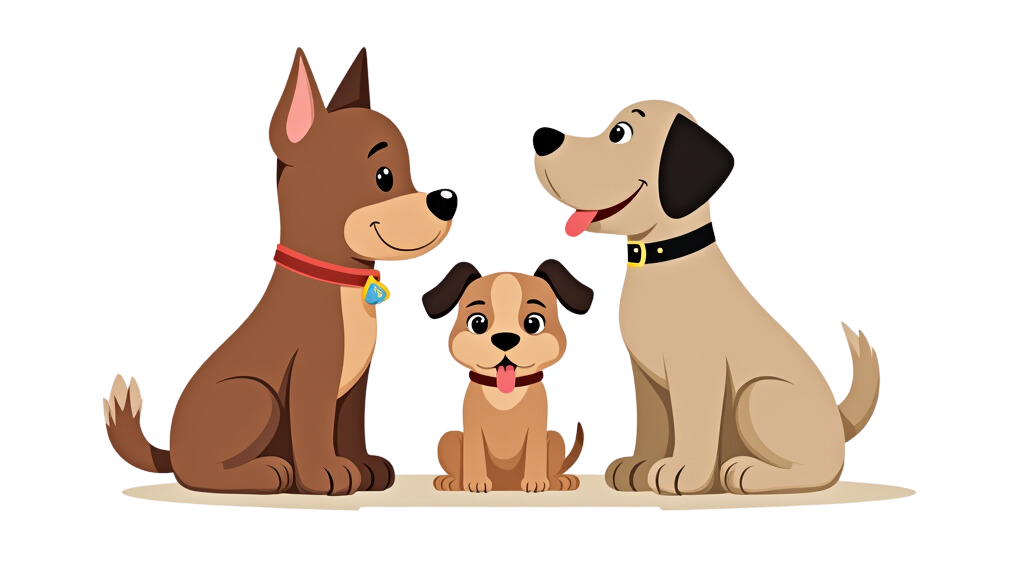If you’ve ever imagined a cat happily lapping up a bowl of milk, tail curling in satisfaction, you’re not alone. This image is everywhere—cartoons, old movies, childhood storybooks. Growing up, I thought milk was practically a cat’s love language.
Then, one day, my cat Milo proved me wrong.
I had just poured myself a glass of milk and turned around for maybe two seconds. When I looked back, there he was—face deep in my cup, whiskers dripping with milk like some tiny, smug thief. At first, I laughed. He looked so pleased with himself. But then, a few hours later, he wasn’t so pleased anymore. Let’s just say, his litter box told a different story.
Turns out, the whole “cats love milk” thing? Not as simple as we’ve been led to believe.
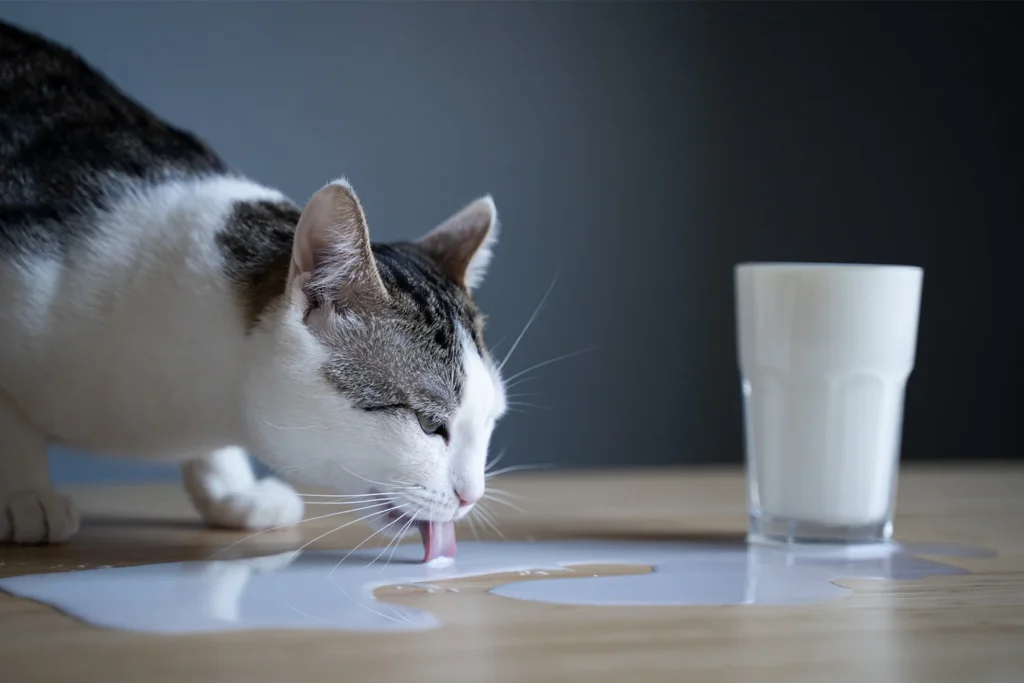
Why Do People Think Cats Love Milk?
Blame history for this one.
Back in the day, farm cats hung around dairies, happily lapping up whatever milk farmers left behind. They weren’t picky—they just drank what was available. Over time, this became a tradition, then a pop culture staple.
But just because cats can drink milk doesn’t mean they should.
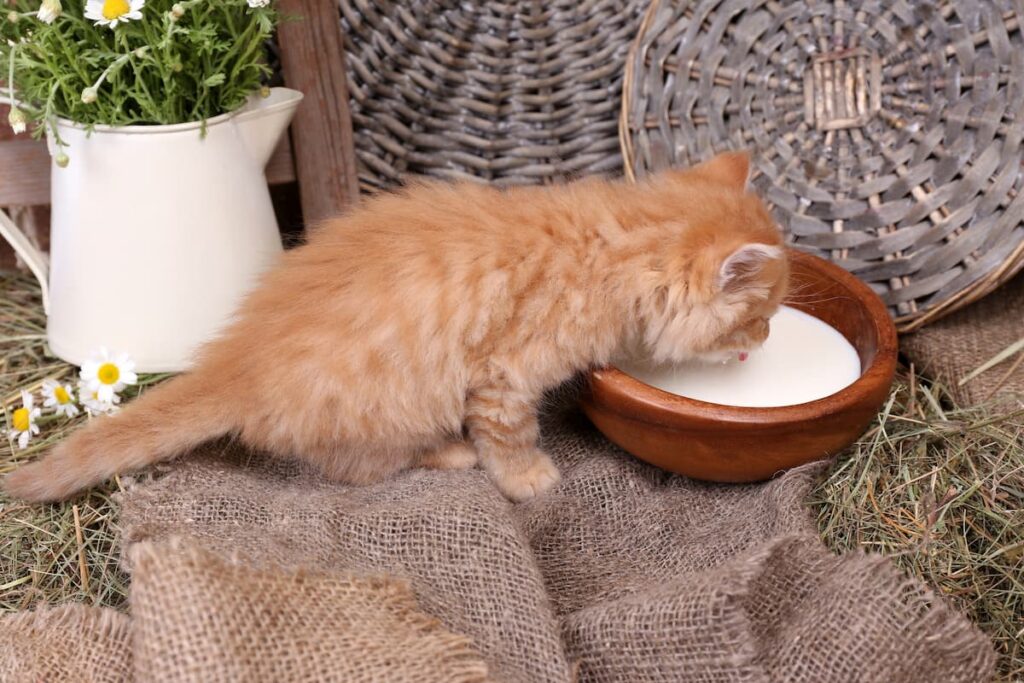
Are Cats Lactose Intolerant? (Spoiler: Most of Them Are!)
Here’s the thing: kittens can digest milk just fine—but adult cats? Not so much.
As kittens, their bodies produce lactase, an enzyme that breaks down lactose (the sugar in milk). But as they grow older, their lactase production drops, making it harder for them to digest dairy.
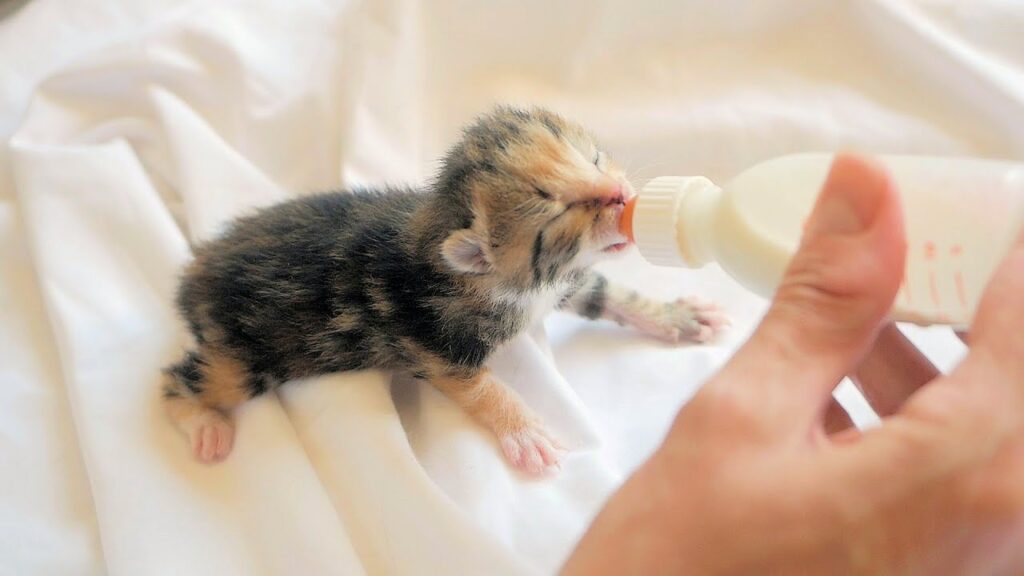
So, What Happens If a Cat Drinks Milk?
It depends. Some cats tolerate it better than others, but for most, it’s not pretty.
- Diarrhea (aka an unpleasant surprise in the litter box)
- Vomiting (because their stomachs just said “nope”)
- Gas and bloating (cue uncomfortable pacing and sad meows)
- Lethargy (because nobody feels great after stomach issues)
Basically, what started as an innocent treat can quickly turn into an upset stomach—and an emergency cleanup mission for you.
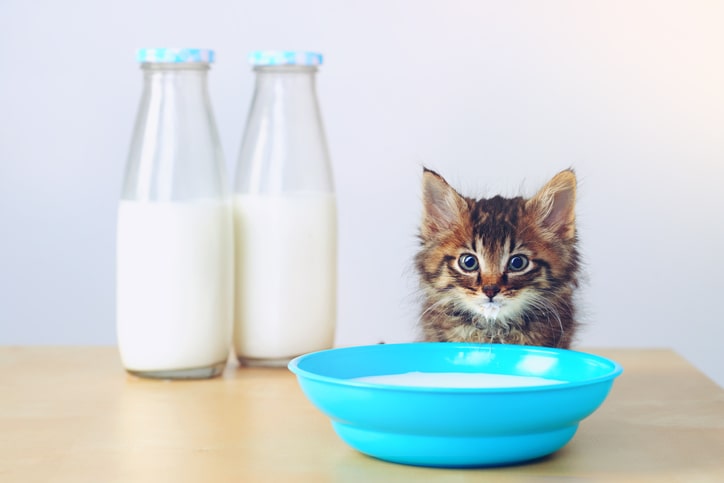
Is Milk Ever Safe for Cats?
Technically, a small amount of milk won’t kill your cat. But does that mean it’s a good idea? Not really.
If you must give your cat milk (because, let’s be honest, sometimes those big, pleading eyes are hard to resist), here are safer options:
Better Milk Alternatives for Cats
- Lactose-free cat milk – Sold in pet stores, made specifically for feline digestion.
- Goat’s milk – Has lower lactose levels than cow’s milk, but still not necessary.
- Diluted bone broth – Packed with nutrients, and cats actually benefit from it.
What to Avoid
- Flavored milk – Vanilla, chocolate, or sweetened milk? Nope, nope, nope.
- Heavy cream – Too much fat can lead to pancreatitis.
- Cheese & butter – Some cats tolerate small amounts, but others will regret it.
If you really want to treat your cat, a piece of cooked chicken or a high-protein snack is a much better choice than milk.
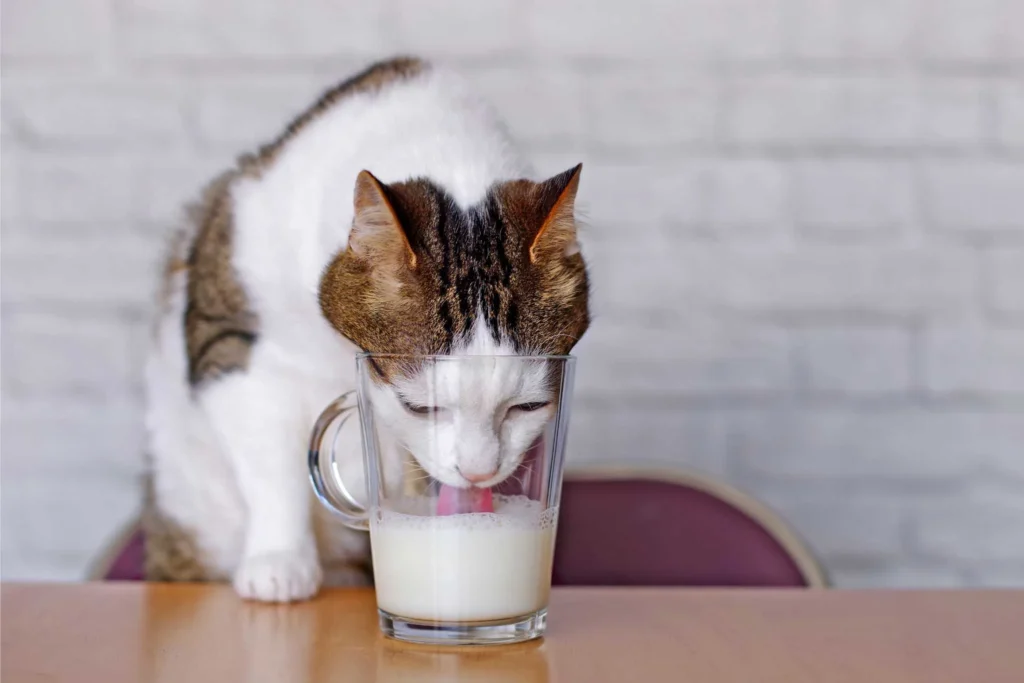
Does Milk Offer Any Health Benefits for Cats?
Not really.
Some people assume milk is good for cats because it has calcium. But guess what? High-quality cat food already contains all the calcium and nutrients your cat needs.
What does milk add?
✔ Extra calories that your cat doesn’t need.
✔ Unnecessary fat that can lead to weight gain.
✔ Digestive issues (again, back to that litter box nightmare).
Instead of milk, consider these healthier treats:
- Cooked chicken or fish – Plain, unseasoned, packed with protein.
- Freeze-dried meat treats – Tasty, nutritious, and easy to digest.
- Wet cat food – Adds hydration, unlike milk, which actually dehydrates them.
- Cat-friendly broth – Hydrating and full of flavor.
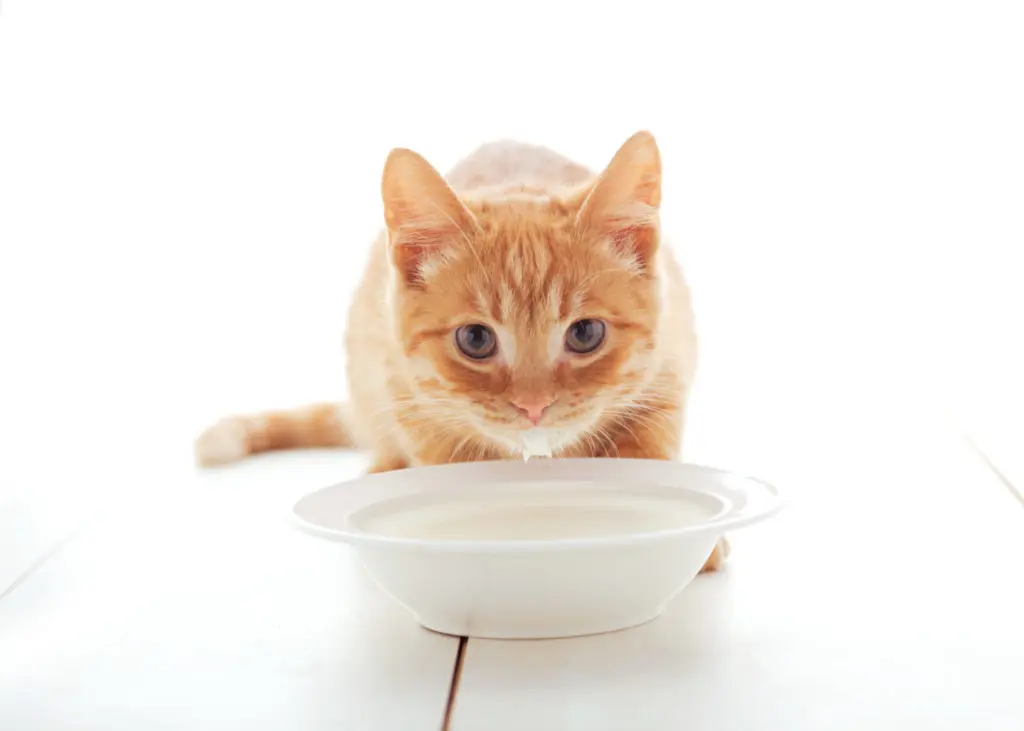
What Real Cat Owners Have Learned
🐱 Lisa’s Experience: “I gave my cat, Mittens, a little milk thinking she’d love it. She did… for about 10 minutes. Then came the diarrhea. Never again.”
🐱 Jake’s Story: “When my cat was a kitten, she would steal milk from my cereal. But as she got older, she just stopped being interested. Guess she figured out it wasn’t worth it.”
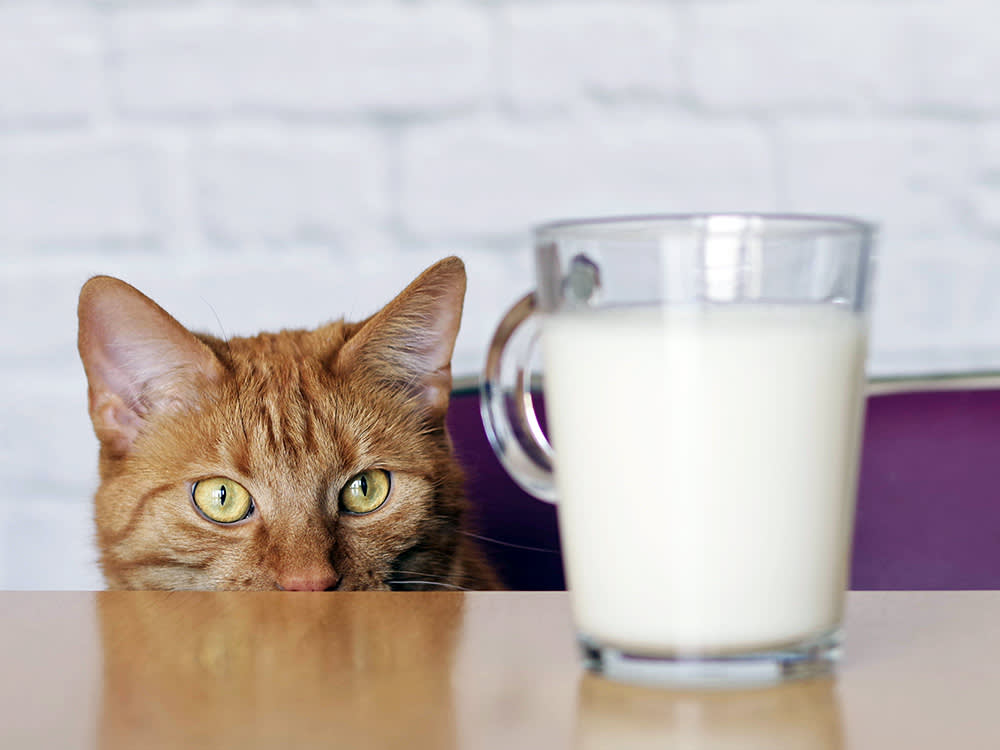
How to Tell If Your Cat Reacted Badly to Milk
If your cat sneaks a sip of milk, watch for these warning signs:
- Frequent diarrhea (if you’re scooping way more often than usual)
- Vomiting (especially within a few hours of drinking milk)
- Bloating (if they suddenly look like they swallowed a balloon)
- Lethargy (sleeping way more than usual)
- Increased thirst (could indicate dehydration)
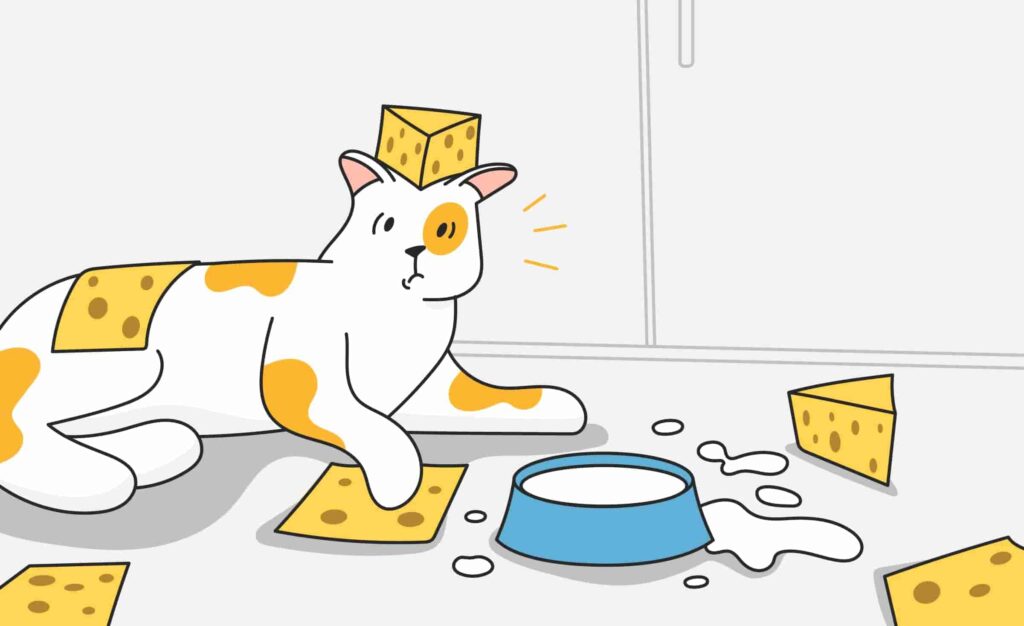
What Should You Do If Your Cat Drinks Milk?
- Give them fresh water – Helps flush out the lactose.
- Monitor symptoms – Mild cases clear up within a day.
- Call your vet if symptoms persist – If the diarrhea or vomiting doesn’t stop, it’s time for professional advice.
- Offer probiotics – Some cats benefit from gut-friendly supplements.
How to Break the Milk Habit (If Your Cat Is Hooked)
If your cat expects milk, but you now realize it’s not the best idea, here’s how to gently transition them:
- Reduce milk gradually – Don’t cut it off suddenly. Slowly decrease the amount.
- Offer healthier alternatives – Try lactose-free cat milk or bone broth.
- Encourage hydration – Wet food is great for keeping cats hydrated.
- Use positive reinforcement – Treats and extra playtime help distract them.
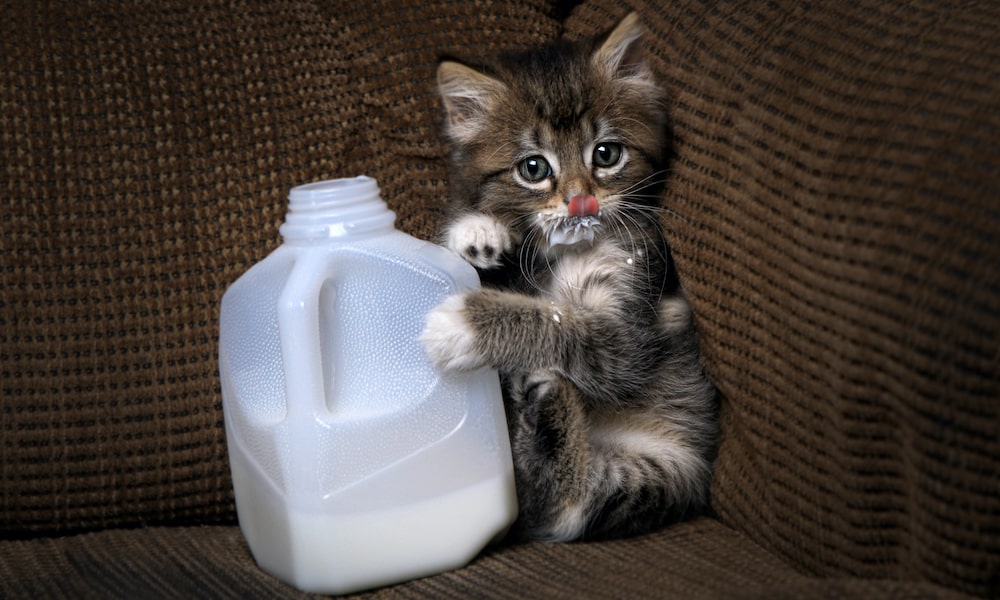
So, Should You Give Milk to Your Cat?
🚫 No, cow’s milk is NOT recommended for cats. It’s more likely to cause problems than benefits.
✅ Yes, but only lactose-free cat milk in small amounts if your cat enjoys it.
But honestly? Cats don’t need milk at all. Want to spoil your feline friend? Stick with protein-packed treats, fresh water, or vet-approved snacks. That way, you’re giving them something delicious and healthy.
What About Your Cat?
Have you ever given your cat milk? Did they love it or regret it? Share your experiences in the comments below! 🐱🥛

